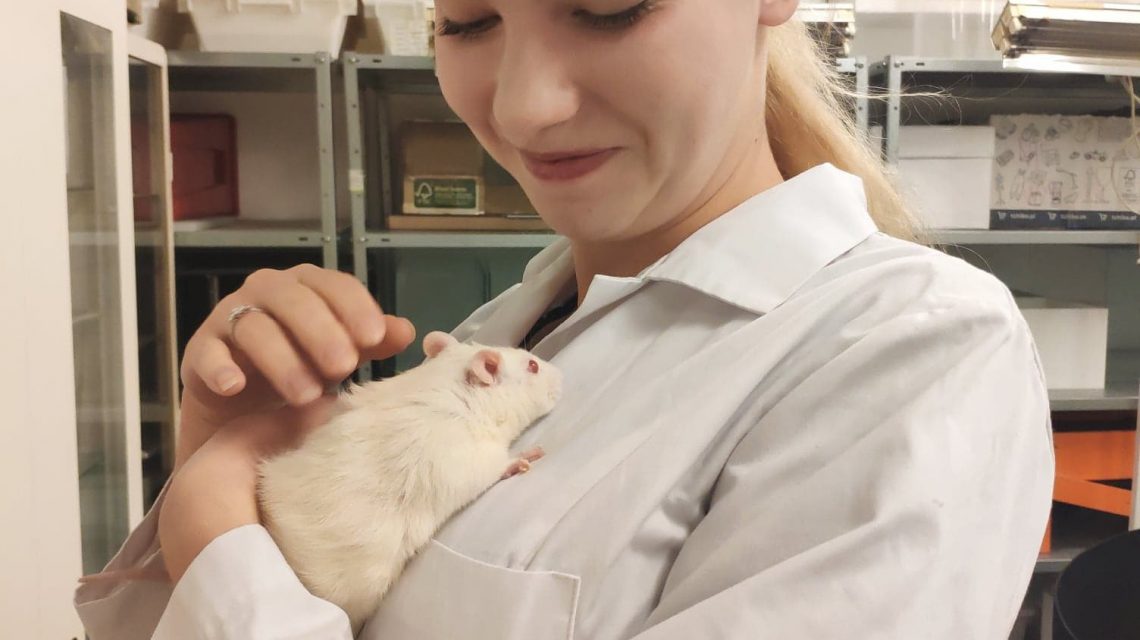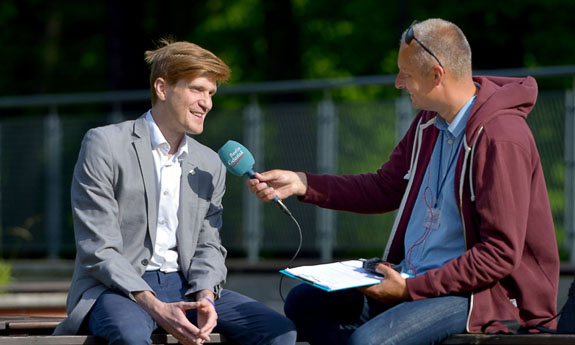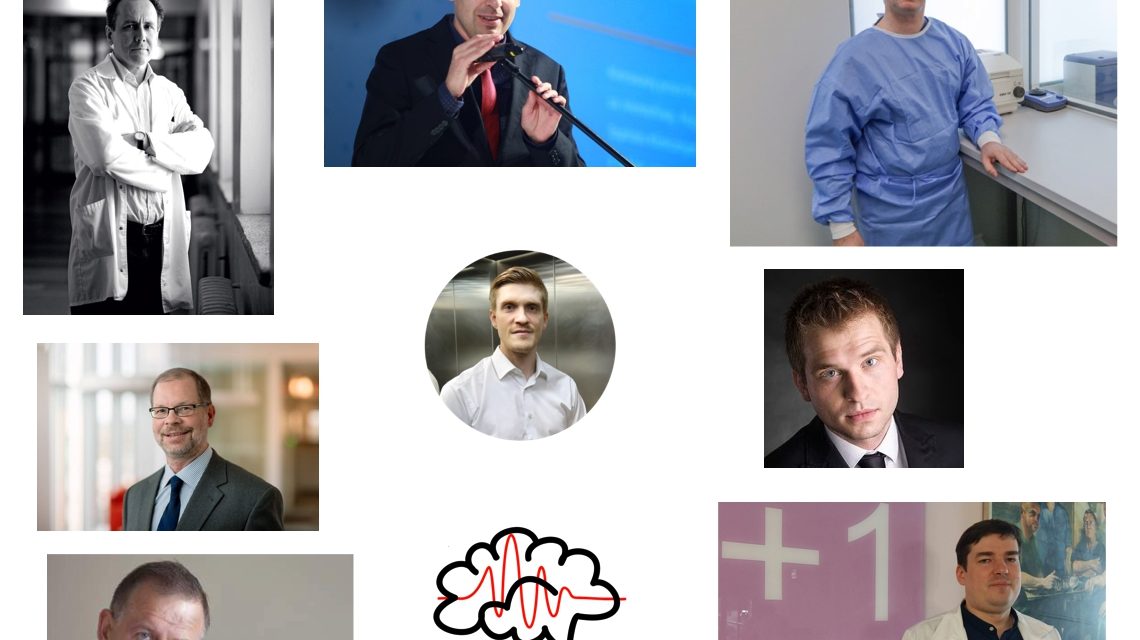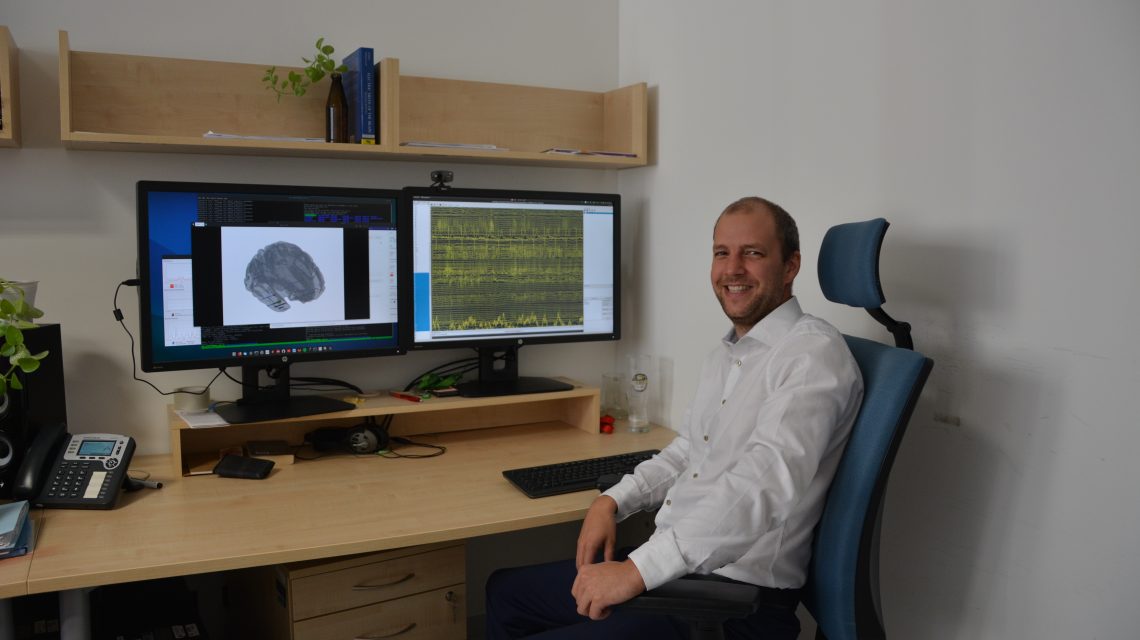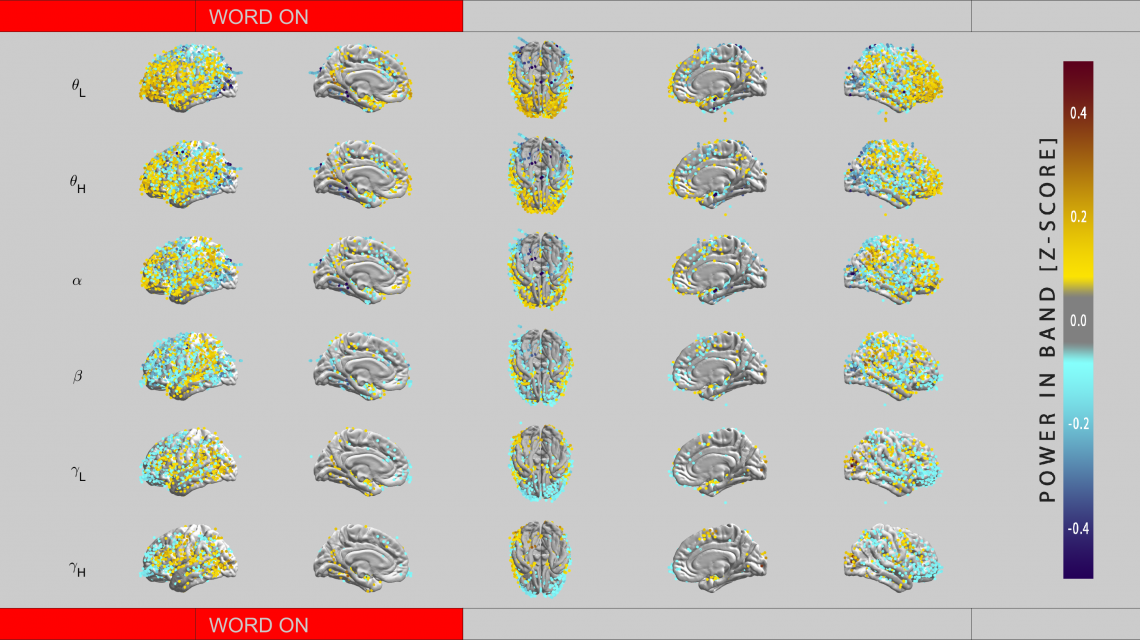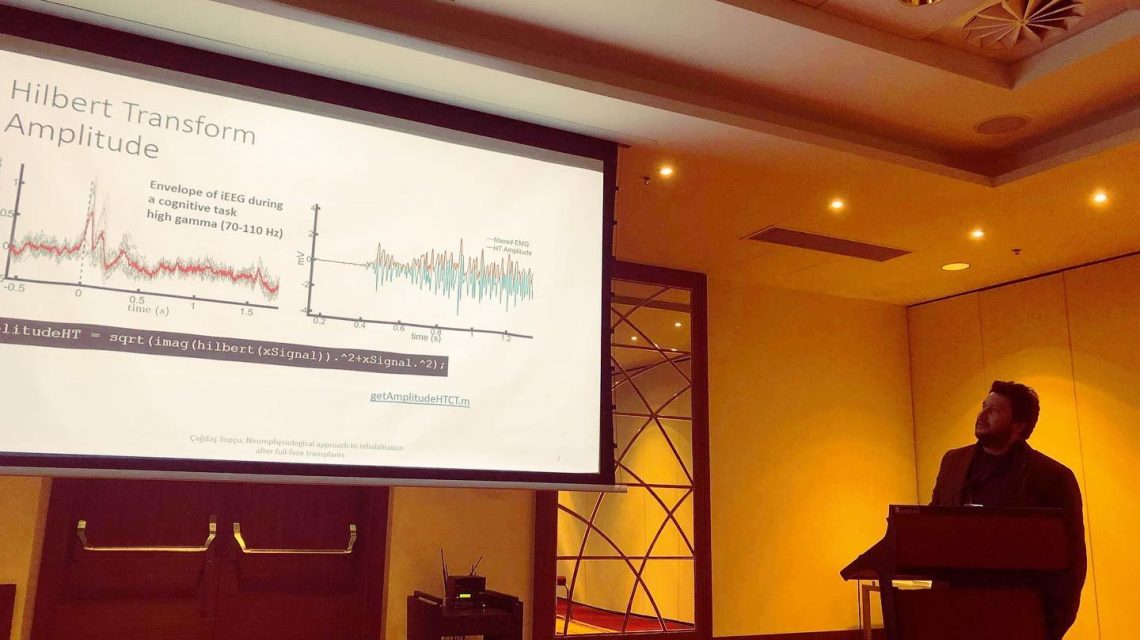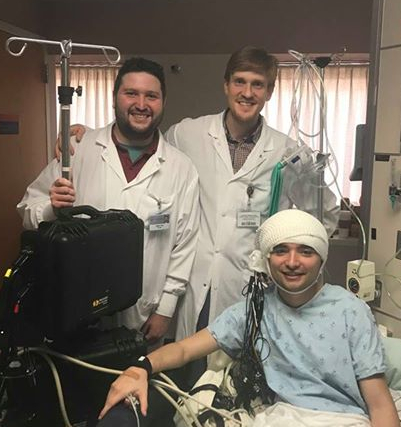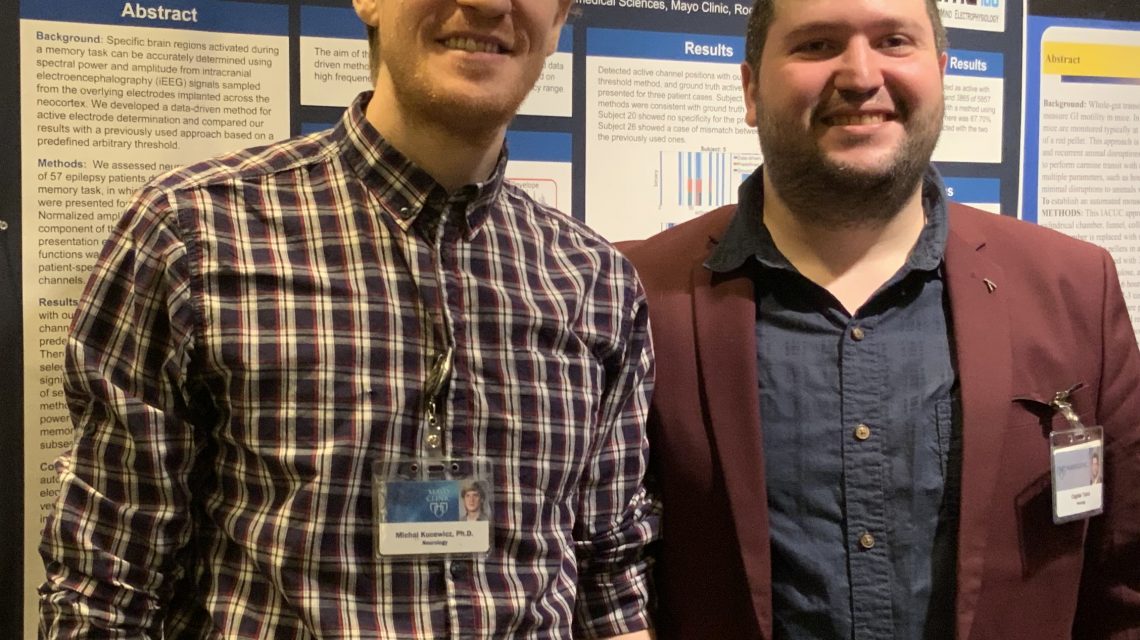BME lab talks by prof. Milan Brazdil and prof. Greg Worrell
We are delighted to welcome everyone interested in our research to two outstanding talks to be given by world-class neuroscience experts. Milan Brazdil, MD PhD, from St. Anne’s University Hospital in Brno, Czech Republic, and Prof. Gregory Worrell MD PhD, from Mayo Clinic in Rochester MN, USA, are visiting professors in our BME lab of the BioTechMed Center, funded from the Aurum grant – Supporting International Research Team Building, as part of the Research University program (IDUB) at the Gdansk…
Continue reading

